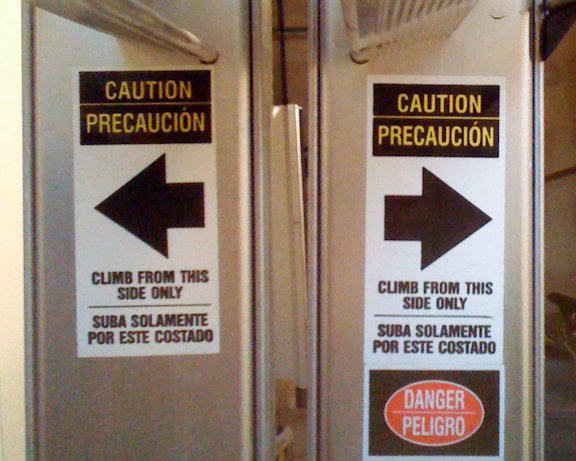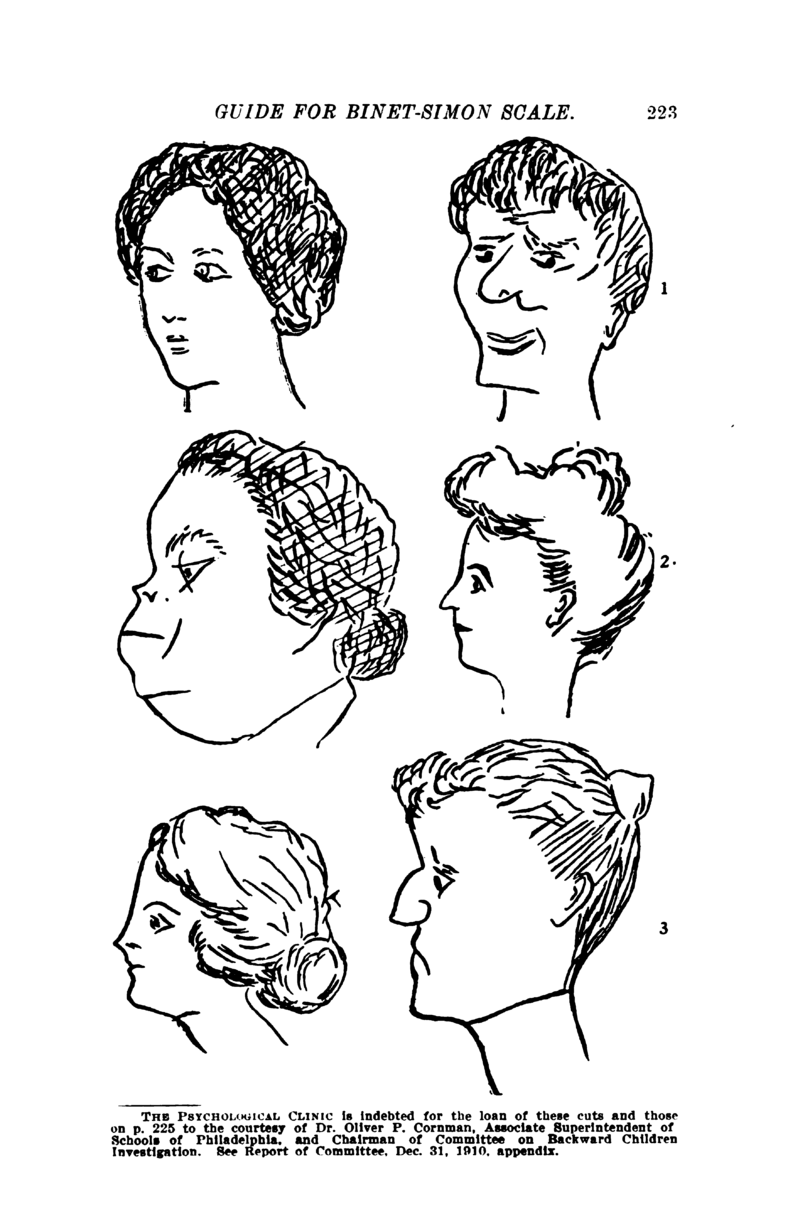This was supposed to be more than what’s below, but I realized that it was turning into a dissertation not a blog. So I’ve decided to unleash stuff incrementally. So…
This was supposed to be more than what’s below, but I realized that it was turning into a dissertation not a blog. So I’ve decided to unleash stuff incrementally. So the first thing to address is what it was like “back in my days.” So here goes.
I grew up in a severely dysfunctional family right out The Game of Thrones, according to more than one of my therapists, and that probably had the largest impact on how I turned out. So let’s just say I didn’t enjoy my childhood and get on with the rest of the stuff.
School didn’t provide much solace, especially in grade school (now elementary school) and junior high (now middle school). In West Virginia in the sixth grade, we went to a three room schoolhouse. The sixth grade faced one end of the room and the fifth grade faced the other end of the room. The teacher would instruct one grade and then give us an assignment and then to the other end of the room to instruct the fifth grade. Social studies was a two year curriculum, so both grades turned to the side of the room where instruction was combined. Our teacher was also the principal, so every once in a while he would leave the room to go to his office to deal with disciplinary issues. This usually involved getting spanked, on the bare bottom, with a wooden paddle with holes in it. Everyone knew about visits to the principal’s office since they were the ones who stood for the remainder of the day. Happily I never had the pleasure.
Then there were those air raid drills. What was that all about? We had to get under our metal and composite wooden desks. In a world of mutual assured destruction (MAD) exactly what special about those desks that would protect us from a thermonuclear explosion? According to Bert the Turtle the desks would protect us from flying debris and sunburn. But things have moved into the 21st century and there are no more air raid drills; it’s now lockdown drills. Today there are really no more dress codes for school. Back in my day girls’ skirts and dresses had to touch the ground when they kneeled. There were no shorts and all shirts had to be tucked in—no t-shirts allowed.
I didn’t get an allowance so starting in junior high I started working; first as a paperboy delivering Newsday. I got up every day before school to make my deliveries on school days. I had to buy the papers up front from the distributor at a price slightly below the cover price and got to keep whatever I collected. I loved it when I was tipped. In high school, I got a job behind the counter at Frank’s Luncheonette in Bellmore. It was there that I demonstrated the cleaning power of a mixture of bleach and ammonia to get stains out of composite marble floor tiles. I almost lost my job when the mop bucket tipped over as I pulled it over the threshold from the back into the seating area. I cleared out the place in under a minute. But the floor was not only spotless, but clean enough to eat off.
It wasn’t until I was in high school that we got a television. Of course it was black and white with channels 2 through 13 on VHF frequencies and 14 through 83 on UHF frequencies. UHF and VHF had separate tuners. VHF clicked from channel to channel while the UHF channels were selected using and analog dial like radios had. At first all we could receive were three VHF channels: ABC, CBS, and NBC. After a Sunday dinner, large enough for leftovers for the next couple of days, we would all watch the Ed Sullivan Show. However, most of my entertainment was listening to my transistor radio or records. The radios were relatively inexpensive then, but the first commercially available one was the Regency TR-1 made by Texas Instruments in 1954, which sold for $49.95 ($454.54 in 2017 dollars). Records came in two basic flavors: 45 rpm and 78 rpm. 45’s only had two songs on them, one on the A side and one on the B side. 78’s were referred to as LPs (for Long Playing) and usually had about 15 minutes of music on each side. I still have boxes of them in the basement, along with a record player.
I don’t remember anything about health insurance, but then my father was a doctor and doctors treated each other’s family gratis; though I’ve since been told this was illegal. Back then you only went to the doctor (or asked to have the doctor to make a house call) if whatever you had was critical. Instead you used aspirin, over the counter cough medicine with codeine, Vicks Vapour Rub, cough drops, lemon and honey, and bedrest. It was a rite of passage to contract chicken pox, mumps, and measles. Those of us that in that cohort also have a round scar on out arm up by our shoulder from smallpox vaccinations. We didn’t worry about peanut allergies, but muscular dystrophy thanks to Jerry Lewis and acute lymphoblastic leukemia thanks to Danny Thomas, the founder of St. Jude Children’s research Hospital.
We didn’t have microwaves, convection ovens, espresso machines, etc. We ate Swanson TV Dinners, Maypo, Jell-O; drank Ovaltine, and used Blue Bonnet Margarine instead of unhealthy butter.
Of course we didn’t have video games and instead we played board games. Among my favorites were Rick, Monopoly, Clue, and chess. My mother used to make me play bridge with her friends when they needed a fourth. I wasn’t big in sports, but since our high school was the state wrestling champions for as far as anyone was allowed to remember, we all had to work on our wrestling skills in gym (now called physical education). I never understood wrestling, it seemed to me after the starting position it was just wrassling. We even had to do all that “get you weight down” by working out under the mats—yuck! Of course everyone had to go through the year without washing any of your gym gear. The boys’ locker room had a very distinctive odor. My jock strap was probably the perfect media to grow death cap mushrooms.
I didn’t care but my sisters were mortified when, because we didn’t have a clothes dryer, their undies were hung on the clothes line to dry.
Most of the “cool stuff” I bought was from ads in the back of magazines like Popular Science or Popular Mechanics. We could buy pretty much any chemical we wanted except for the radioactive elements and compounds. We played with mercury without ever acquiring a third eye or losing our minds; at least as far as we could tell. After graduating from cap guns to BB guns to finally pellet guns we found we were left with expended CO2 cartridges. So John Wesley and I ordered all the chemicals we needed to make explosives and packed the cartridges with our mixtures and plugged up the opening with the end of a kitchen match (the kind with white phosphorus on the tip). Then we would cut an X in a detergent box, stand the cartridge upright in the X (without any attached fins or other aerodynamic aids), light the match, and watch the cartridge fly up and out of sight. It would return to earth somewhere close by and bury itself about a ½ inch in the yard. We didn’t realize how powerful our rockets were until we were reusing a “launch pad” and it caught on fire and the rocket took off parallel to the ground. I flew out into the street, passed between the front and rear wheels of a passing car, and blew four inch hole in the curb across the street. After that we tried to be a bit more careful; we didn’t succeed. John’s dad had a workshop in the basement with a vise. We would clamp the cartridges in the vise and load the fuel. The last time we ever did that, the fuel exploded as we were tamping it and the cartridge took off and blew a hole in the cinder block basement wall right below the well window. As our underwear filled up we watched as the blocks under the window frame crumbled and fell onto the workbench. I’m not sure but there’s a good chance that we’re still be grounded.
Soon after that we moved into my maternal grandparents’ house when my father apparently decided that he preferred company other than his family. In order to accommodate us all some of the rooms were repurposed. I got the furnace room in the basement for a bedroom. This wasn’t as bad as it sounds—I think it’s probably the largest bedroom I’ve ever had. It was a favorite gathering place for my friends and me. Since it was unfinished we could write and draw on the walls. Of course back then the drinking age was 18, so we started getting experience around 16 so we could hold our liquor when we became “legal.” One of the great things about my bedroom was that the top plate didn’t completely cover the top of the cinder block basement wall. So after consuming our illegal liquids we could drop them into the holes in the cinder blocks and listen as they fell down to the bottom of the wall. Sometimes we were rewarded with the sound of breaking glass.
My grandmother had a Nash Rambler with a Torqueflite automatic transmission. You shifted by pushing buttons. You could chose reverse, neutral, drive, second, and first. Unlike automatics today there was no park. So routinely we’d be sitting in the house and here a crash. We knew that grandma had forgotten to put the parking brake on and the car had rolled down the driveway into the street stopping only when it hit the telephone pole across the street. My sister lost two bikes to the car. It was built like a tank, only the pole and the bikes were damaged.
Ah yes, those were the good old days.






